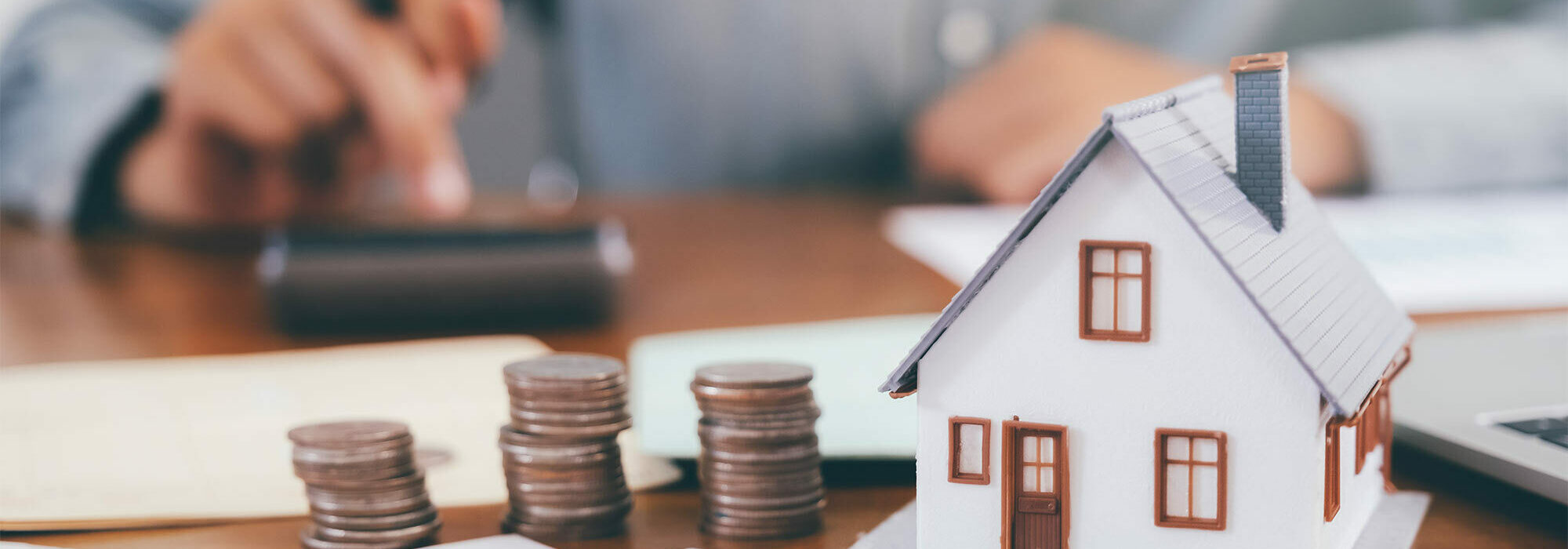Article Excerpt
Mortgage interest rates have risen throughout 2022, but they shouldn't be the dagger in your plans to become a homeowner. Here's why rates have risen, and how to approach them as a potential homebuyer.
Mortgage interest rates hit historic lows during the COVID-19 pandemic, but they began rising again in late 2021 and early 2022. This news might seem discouraging to prospective Texas homebuyers, but it does not need to be. The important thing to remember is that our economy is in constant flux.
The best time to buy a home is when you are personally ready for it. An experienced mortgage professional can help you find the right loan at any time no matter what’s happening in the economy.
What’s happening with mortgage interest rates?
Interest rates change daily. They also vary according to a borrower’s financial profile and chosen loan program. Speak to an experienced mortgage advisor to see the rates you qualify for.
Home mortgage interest rates have been on the rise since late 2021. During the summer of 2022, they have risen to around 5.75% for 30-year fixed-rate mortgages and almost 5% for 30-year adjustable-rate mortgages (ARMs). The rates for 30-year fixed-rate mortgages backed by the Federal Housing Administration (FHA) and U.S. Department of Veterans Affairs (VA) are at about 5.5% and 5%, respectively.

These rates are higher than they’ve been in several years, but still much lower than in past decades. Higher interest rates can lead to higher home prices. As discussed further below, however, an increase in interest rates can also lead to lower home prices. This can be good news for prospective homebuyers for whom cost is the #1 factor in their decision-making.
Is now a good time to buy a home?
Now might be the perfect time to buy a home. It depends on both your short- and long-term plans. Owning a home is almost always more cost-effective than renting once you have lived there for about five years. If you don’t think you will need to relocate in that amount of time, buying a home is likely to be a good investment.
Even if you were to sell the home before the five-year mark, the appreciation of central Texas homes are increasing at such a rapid rate, you may see a healthy return on investment.

Even if you think you might need to move sooner than that, buying could still be preferable to renting for a variety of reasons. You are not beholden to a landlord, for example, and you can do as you please — within reason and HOA rules — with your home.
Why are interest rates rising?
No single factor can explain the recent increase in mortgage interest rates. Government policy, conditions in the housing market, and overall market conditions may all play a role.
The Federal Reserve
The Federal Reserve, or simply “the Fed,” is the country’s central banking system. It has the authority to set the federal funds rate, which applies to transactions between large banks. It announced earlier in 2022 that it was raising the federal funds rate for the first time in several years.
The Fed often adjusts this rate in response to inflation. A higher federal funds rate typically correlates with other interest rates rising as well. This slows the economy down a bit, causing consumer prices to drop.
Inflation
The inflation rate exceeded 9% in the summer of 2022, marking the highest rate in about 40 years. The most obvious effect of inflation is higher consumer prices. This can drive interest rates up, including interest rates for home mortgages.

The Fed, as mentioned above, often responds to inflation by raising the interest rates under its direct control. Over time, this can lead to lower consumer prices, such as lower costs for housing.
Mortgage-Backed Securities
Government-sponsored enterprises (GSEs) like Fannie Mae and Freddie Mac may buy mortgage loans from lenders and sell them on a secondary market. This gives the lenders cash to make more loans and creates investment opportunities through mortgage-backed securities (MBSs).
An MBS is similar to a bond. Bond investors receive returns on their investments as companies or governments pay off the bonds. With MBSs, investors get paid as borrowers repay their loans.
If the prices of MBSs go down, GSEs may pay lenders less to purchase their loans, and lenders may raise mortgage interest rates. Similarly, if the prices of MBSs go up, mortgage interest rates may go down.
Other Economic Conditions
The U.S. economy is a big place, and it’s unlikely that any two economists would ever agree entirely on how it is doing. Many economic factors and conditions, such as bond markets and the stock market, may affect mortgage interest rates.
What could rising interest rates mean for home prices?
In the short term, rising interest rates often mean that housing costs also go up. It becomes more expensive to buy a home. Again, though, this is often only the case on a short-term basis. Even with higher interest rates, homeownership can translate into long-term savings when compared to renting.
Lower housing costs can be a longer-term effect of higher interest rates. Part of the Fed’s purpose in raising the federal funds rate, after all, is to lower consumer prices. Depending on where you are looking for a home, you might find that homes are not as expensive as you thought they would be.
Become a homeowner with a lender you can count on!
Our mortgage advisors would be more than happy to help address your concerns. We’ll map out your monthly payments and help compare a buying scenario to renting. See your options side by side and make a confident decision.
Get started now with our easy online pre-qualification form!



